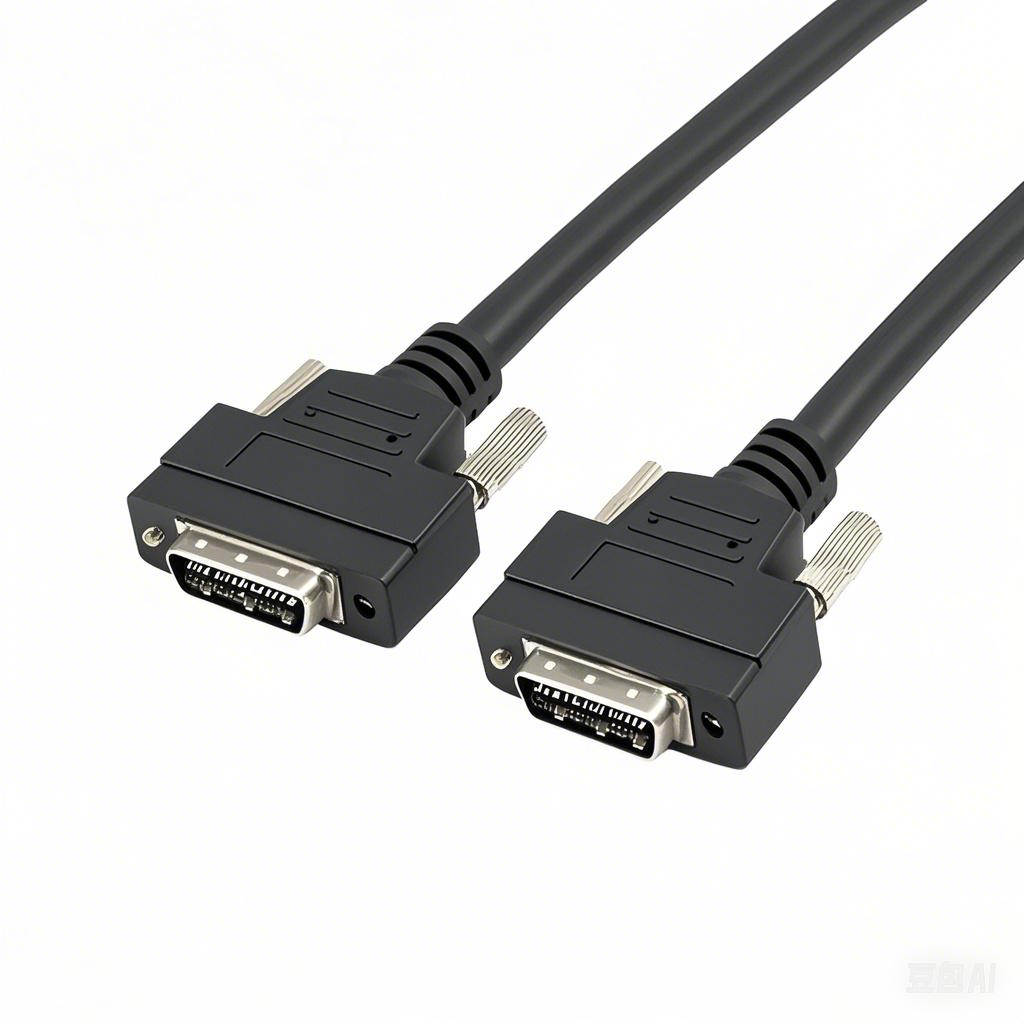How to Prevent Machine Cable from Corrosion
Machine cables are the “nervous system” of industrial equipment, transmitting power and signals to ensure smooth operation. However, corrosion—caused by moisture, chemicals, salt spray, or extreme temperatures—can damage cable insulation, expose conductors, and lead to equipment downtime, safety hazards, or costly replacements. Below are practical, actionable strategies to prevent machine cable corrosion, tailored to industrial and commercial use cases.
1. Select Corrosion-Resistant Cable Materials
The first line of defense against corrosion starts with choosing the right cable materials for your environment. Generic cables may fail quickly in harsh conditions, so prioritize materials engineered for resistance:
- Insulation & Sheathing: Opt for materials like PVC (Polyvinyl Chloride) for general moisture resistance, TPE (Thermoplastic Elastomer) for oil and chemical resistance, or PUR (Polyurethane) for extreme durability in wet or abrasive settings. For marine or coastal applications, use halogen-free, salt-spray-resistant sheathing to avoid degradation from salt air.
- Conductors & Shielding: Choose tinned copper conductors instead of bare copper—tin plating creates a barrier against oxidation and moisture. For cables in chemical plants, add a stainless steel 铠装 (armor) layer to block corrosive liquids or gases from reaching the core.
- Jacket Additives: Look for cables with anti-UV or anti-mildew additives if used outdoors or in high-humidity areas (e.g., food processing plants, warehouses with poor ventilation).
2. Optimize Installation to Avoid Corrosive Exposure
Even corrosion-resistant cables can deteriorate if installed incorrectly. Proper installation minimizes contact with corrosion triggers:
- Avoid Corrosive Zones: Route cables away from chemical storage areas, leaky pipes, or drainage paths where liquids (e.g., acids, coolants) can pool. For floor-mounted equipment, use cable trays or conduit to lift cables off damp surfaces.
- Seal Connections Tightly: Cable joints and connectors are vulnerable to moisture intrusion. Use IP67/IP68-rated waterproof connectors and apply corrosion-inhibiting grease to terminal blocks. For outdoor or underground cables, wrap connections with heat-shrink tubing lined with adhesive to create a airtight seal.
- Maintain Proper Bending Radius: Over-bending cables can crack the sheathing, creating entry points for moisture. Follow the manufacturer’s guidelines for minimum bending radius—typically 5–10 times the cable diameter—to preserve the insulation.
3. Implement Regular Inspection & Maintenance
Proactive maintenance catches early signs of corrosion before it leads to failure. Establish a routine based on your environment’s harshness:
- Visual Checks: Inspect cables monthly for discoloration (e.g., greenish copper oxide on conductors), cracking, or swelling of the sheathing. Pay extra attention to areas near water sources or chemical splashes.
- Electrical Testing: Use a megohmmeter to test the cable’s insulation resistance quarterly. A sudden drop in resistance indicates moisture penetration or insulation damage, requiring immediate repair.
- Cleaning & Protection: For cables exposed to dust or mild contaminants, clean them with a dry cloth or a mild, non-corrosive cleaner (avoid harsh solvents like acetone). In salty or humid environments, apply a thin layer of silicone-based protectant to the sheathing every 6 months to repel moisture.
4. Use Environmental Enclosures or Covers
For cables in extremely harsh conditions (e.g., offshore platforms, waste treatment plants), add an extra layer of protection with enclosures:
- Cable Conduits: Use PVC or aluminum conduit to shield cables from direct chemical contact or physical damage. For underground use, choose corrosion-resistant HDPE (High-Density Polyethylene) conduit.
- Weatherproof Covers: For outdoor equipment (e.g., construction machinery, solar panels), install cable covers with rubber gaskets to block rain, snow, and UV rays.
- Dehumidification: In enclosed control panels, use small dehumidifiers or desiccant packs to reduce humidity levels—this prevents condensation from forming on cable surfaces.
Trust FRS for Corrosion-Resistant Machine Cables
Preventing cable corrosion starts with high-quality products designed for durability. FRS brand factory specializes in manufacturing machine cables engineered to withstand harsh industrial environments. Our cables use premium tinned copper conductors, chemical-resistant PUR/PVC sheathing, and anti-UV additives, ensuring long-term performance in moisture, salt spray, or chemical-rich settings. We also offer custom solutions—from shielded cables for heavy industry to waterproof connectors for outdoor use—plus technical support to help you optimize installation and maintenance. With FRS, you reduce downtime, lower replacement costs, and keep your equipment running reliably.











